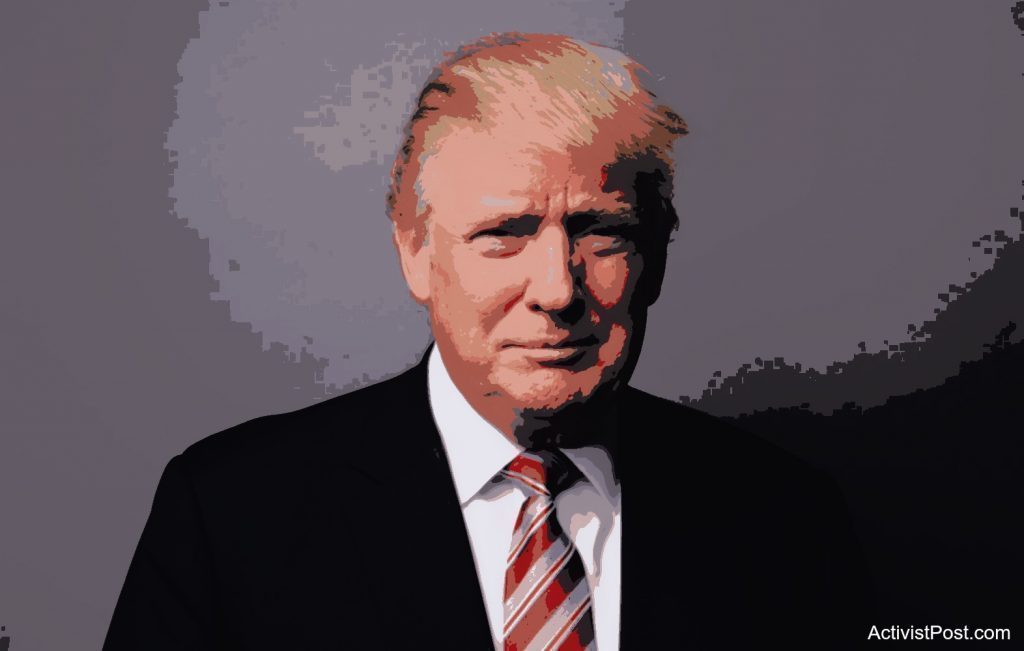In a recent discussion regarding Donald Trump’s anticipated second term, Doug Casey highlighted a mixture of optimism and caution. He expressed relief at the defeat of Kamala Harris, suggesting that her victory would have accelerated the decline of American values and stifled free speech. Casey views Trump’s re-election as a potential revival for the nation, although he cautioned that a significant portion of the electorate still supports socialist ideologies. This sentiment highlights a continued cultural divide, suggesting that while rejuvenation may be underway, a substantial ideological battle remains, indicating that the challenges ahead are significant and perhaps insurmountable.
Casey is cautiously optimistic about Trump’s potential cabinet selections for his upcoming term, noting early positive signs regarding personnel changes compared to his first term. He mentioned key figures like Robert F. Kennedy Jr. and Elon Musk playing central roles in policy decisions, which he believes could lead to more effective governance. However, he also acknowledged Trump’s previous poor judgment in choosing advisors, suggesting that despite his lack of a core philosophy and depth in economic knowledge, he may be on a better path this time. Nevertheless, the specter of potential violence against Trump looms large, as he has become a symbol of cultural conservatism that some factions within American society vehemently oppose.
When discussing the implications of Trump’s policies on the federal debt and the broader economy, Casey expressed his concern regarding Trump’s history of deficit spending, emphasizing that Trump was a significant spender during his first term, surpassing the fiscal legacy of previous administrations. Although Trump’s goals include deregulation and tax cuts, Casey warns that without substantial cuts in government spending, tax reductions may not provide the expected economic benefits. He posits that the persistent need to fund government operations through debt and the Federal Reserve’s printing presses will keep inflationary pressures high. This duality of potential policies creates a tense economic environment, compounded by the dangerous geopolitical landscapes Trump may have to navigate.
As Trump considers cutting citizenship-based taxation for American expatriates, Casey expressed strong support for such a move, noting that the U.S. is uniquely burdensome in maintaining this policy. However, he deemed the likelihood of substantial reform unlikely due to the political and financial ramifications of losing that revenue. The international trend among other nations toward new taxation models for expatriates suggests that moving away from this policy could exacerbate America’s financial difficulties rather than alleviate them. Thus, while a change in policy would align the U.S. with global standards, the resistance from various political stakeholders could stymie any progress.
Geopolitically, Casey emphasized the shifting dynamics involving the BRICS nations, warning that the U.S. risks being isolated as other countries seek alternatives to the dollar. Trump’s threats regarding tariffs and trade relations may backfire, especially as the U.S. economy relies heavily on imports. Casey foresaw possible dire consequences for the global economy if Trump were to employ protectionist policies that undermine international trade. This highlights a broader issue that Trump may ignore—the need for structural changes and fiscal responsibility rather than aggressive posturing that may alienate allies and trading partners.
In terms of personal investment strategies for a potential Trump presidency, Casey advised positioning portfolios toward gold and energy sectors, particularly oil and natural gas. He remains bearish on stocks due to inflationary pressures that could lead to market volatility. He also voiced concerns about bonds, predicting a rise in long-term interest rates that could devalue fixed-income investments. While acknowledging that government spending under Trump might stimulate the stock market momentarily, Casey maintained that prudent investors should avoid overexposed or stagnant investments and prioritize capital preservation amidst an uncertain economic outlook. Overall, he painted a picture of an imminent economic crisis, urging individuals to prepare adequately for the ramifications of the current political climate.

